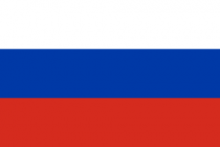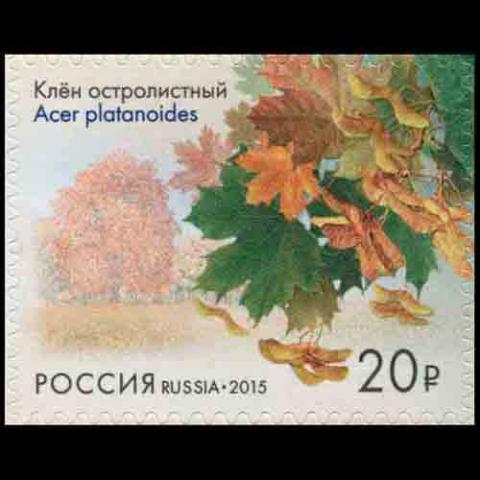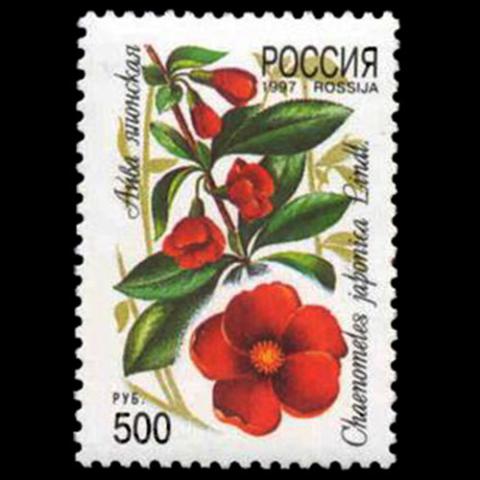Capital: Moscow
Russia,[c] or the Russian Federation,[d][14] is a transcontinental country located in Eastern Europe and Northern Asia. It extends from the Baltic Sea in the west to the Pacific Ocean in the east, and from the Arctic Ocean in the north to the Black Sea and the Caspian Sea in the south. Russia covers over 17,125,200 square kilometers (6,612,100 sq mi), spanning more than one-eighth of the Earth's inhabited land area, stretching eleven time zones, and bordering 16 sovereign nations. Moscow is the country's capital and largest city, other major cities include Saint Petersburg, Novosibirsk, Yekaterinburg, Kazan, Nizhny Novgorod, Chelyabinsk and Samara.
Russia is the largest country in the world, the ninth-most populous country, as well as the most populous country in Europe. The country is one of the world's most sparsely populated and urbanized. About half of the country's total area is forested, concentrating around four-fifths of its total population of over 146.7 million on its smaller and dense western portion, as opposed to its larger and sparse eastern portion. Russia is administratively divided into 85 federal subjects. The Moscow Metropolitan Area is the largest metropolitan area in Europe, and among the largest in the world, with more than 20 million residents.
The East Slavs emerged as a recognizable group in Europe between the 3rd and 8th centuries AD. The medieval state of Rus' arose in the 9th century. In 988 it adopted Orthodox Christianity from the Byzantine Empire, beginning the synthesis of Byzantine and Slavic cultures that defined Russian culture for the next millennium. Rus' ultimately disintegrated into a number of smaller states, until it was finally reunified by the Grand Duchy of Moscow in the 15th century. By the 18th century, the nation had greatly expanded through conquest, annexation, and exploration to become the Russian Empire, which became a major European power, and the third-largest empire in history. Following the Russian Revolution, the Russian SFSR became the largest and leading constituent of the Soviet Union, the world's first constitutionally socialist state. The Soviet Union played a decisive role in the Allied victory in World War II, and emerged as a superpower and rival to the United States during the Cold War. The Soviet era saw some of the most significant technological achievements of the 20th century, including the world's first human-made satellite and the launching of the first humans in space. Following the dissolution of the Soviet Union in 1991, the Russian SFSR reconstituted itself as the Russian Federation and is recognized as the continuing legal personality and a successor of the Soviet Union. Following the constitutional crisis of 1993, a new constitution was adopted, and Russia has since been governed as a federal semi-presidential republic.
Russia is described as a potential superpower, with the world's second-most powerful military, and the fourth-highest military expenditure. As a recognized nuclear-weapon state, the country possesses the world's largest stockpile of nuclear weapons. Its economy ranks as the eleventh-largest in the world by nominal GDP and the sixth-largest by PPP. Russia's extensive mineral and energy resources are the largest such reserves in the world, making it one of the leading producers of oil and natural gas globally. As a reflection of its long and rich cultural heritage, Russia hosts the world's ninth-greatest number of UNESCO World Heritage Sites, has a very high standard of living, a universal healthcare system and a tuition-free university education. It is a permanent member of the United Nations Security Council, a member of the SCO, the G20, the Council of Europe, the APEC, the OSCE, the IIB and the WTO, as well as being the leading member of the CIS, the CSTO and a member of the EAEU.
Reference: Wikipedia



